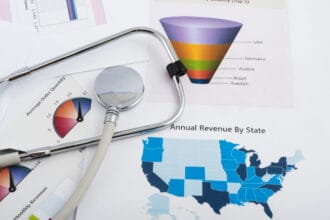Natural disasters such as earthquakes, hurricanes, and tornados are some of the most devastating events any city can endure. These disasters compromise the health of many residents due to lack of food and clean water, injuries and contagious diseases. For most of the history of the U.S., federal assistance to communities hit by diasters took the form of one-time appropriations from Congress. As the Wilson Quarterly notes, however, after the great depression, federal agencies were formed to help out these unfortunate communities. Federal efforts include the creation of the Reconstruction Finance Corporation in 1932. ”The Federal Civil Defense Administration was created to help the country in the case of nuclear war, but, in part thanks to pressure from state and local governments, they soon became key instruments in responding to natural disasters.” In 1979, Congress created the Federal Emergency Management Agency. This act consolidated various disaster-response programs throughout the government. Patrick Roberts argues in a 2010 National Affairs article that it may be time for the White House to back off from disaster management. At the state an local levels, politicians hope that disasters look horrible on television to generate more FEMA money. Roberts argues that the government should steer development away from disaster prone areas and should delegate disaster relief to the state and local level. This is not as easy as it sounds however. FEMA’s National Flood Insurance Program (NFIP) likely underprices premiums for flood insurance and thus encourages development on flood plains. Many libertarians would ask the private market to perform such as task. Private insurance companies, however, do not like this type of insurance since the risk is correlated. In the automobile insurance market, being involved in a car accident has a small effect on the probability my neighbor has a car accident. In the disaster insurance market, however, the probability I experience a disaster is very high if my neighbor has experienced a disaster. Thus, insurance companies who provider coverage within a narrow geographic area are at risk for insolvency if a serious natural disaster strikes. Nevertheless, I generally support delegating more emergency management operations to the state and local level.






